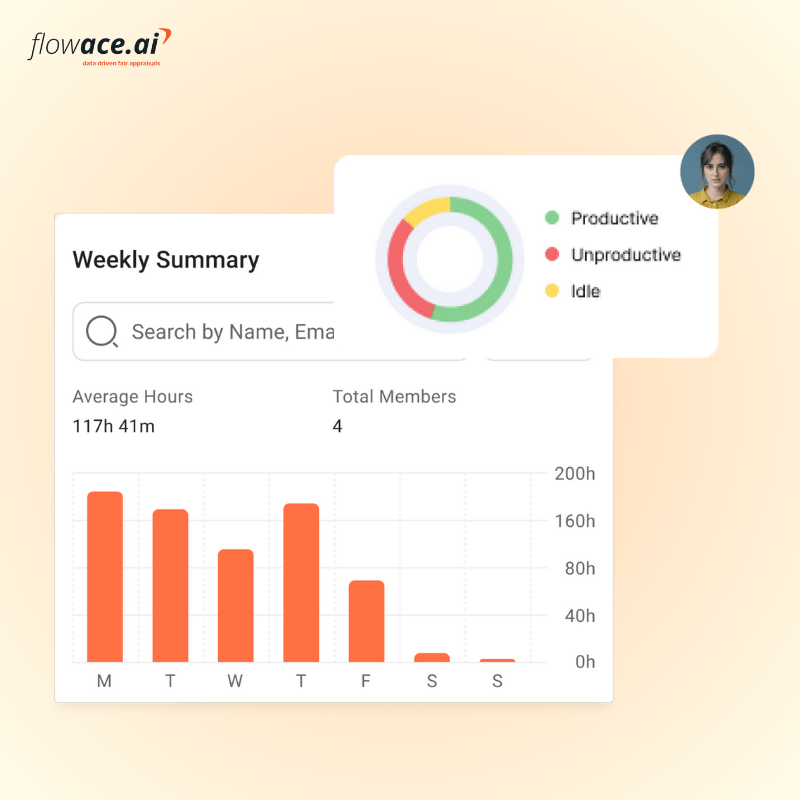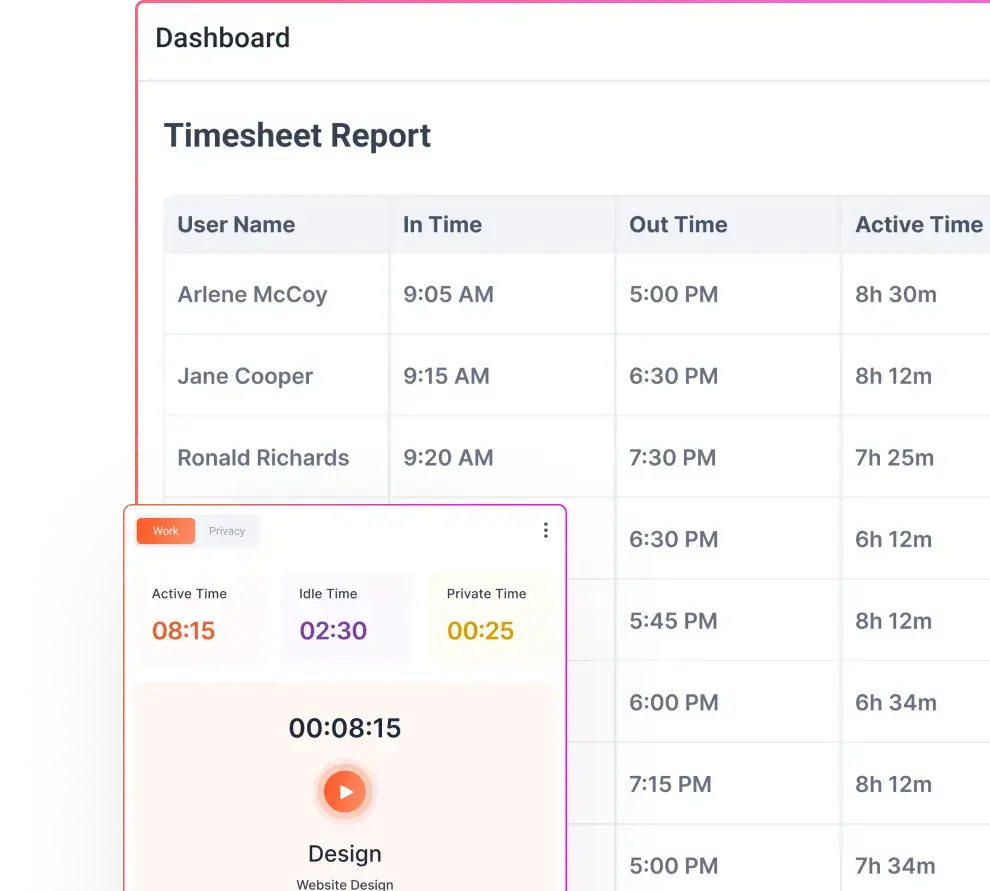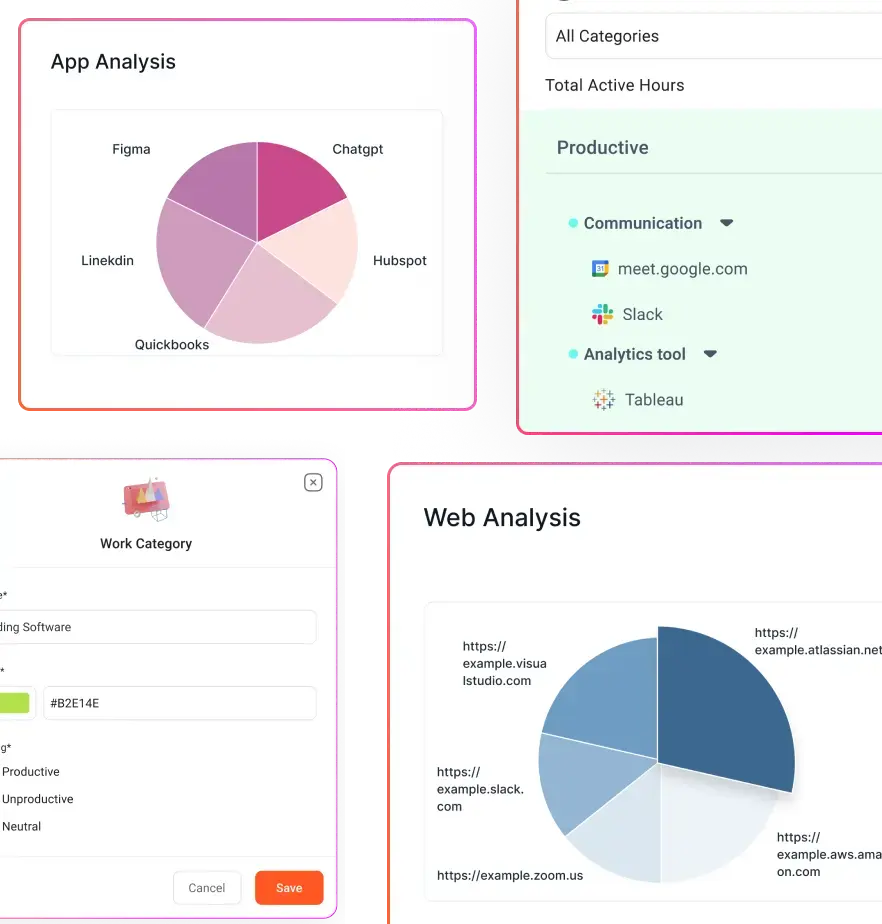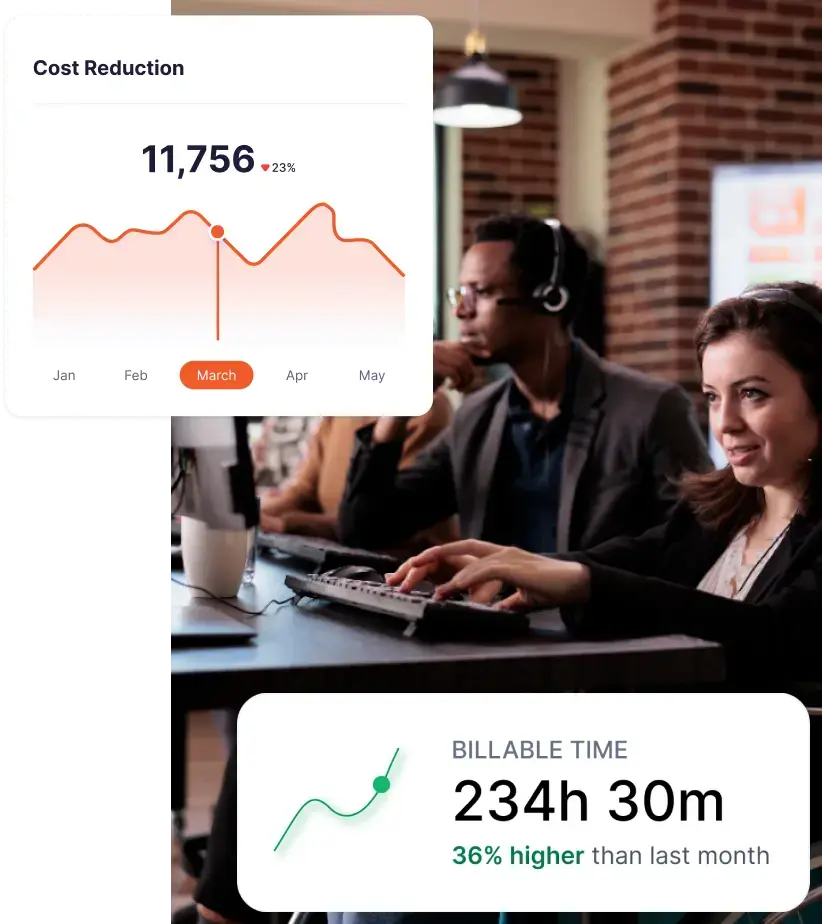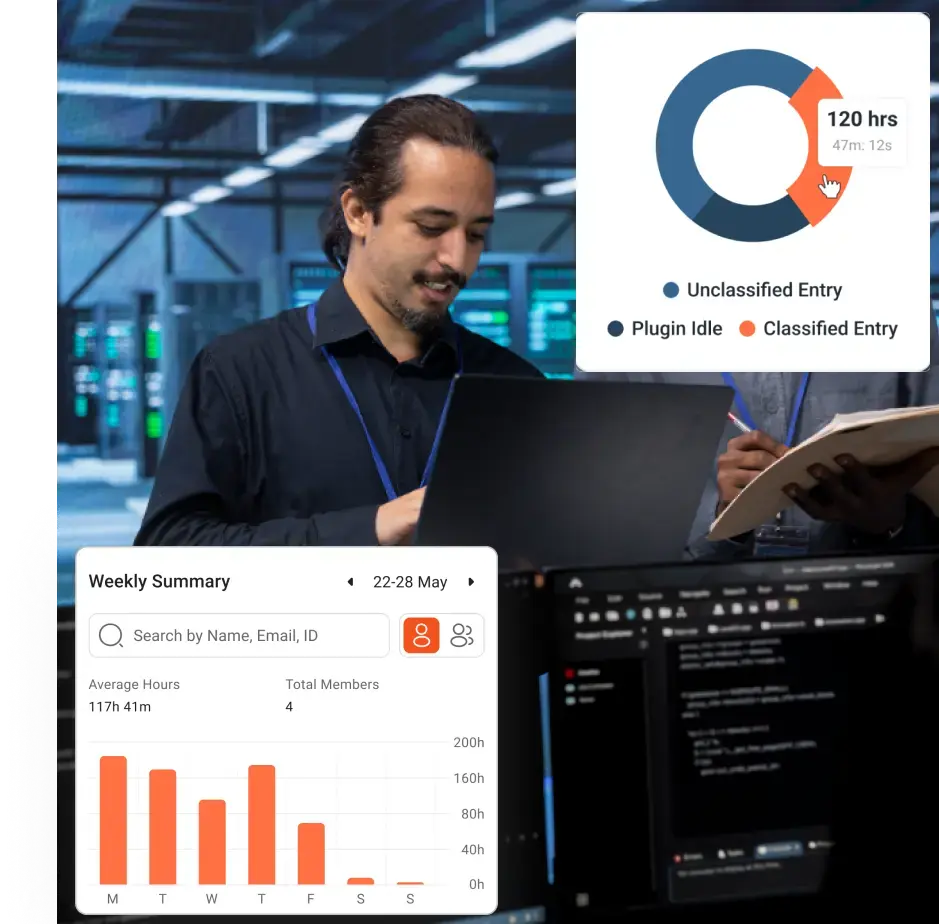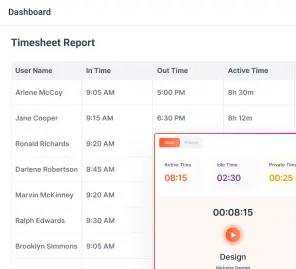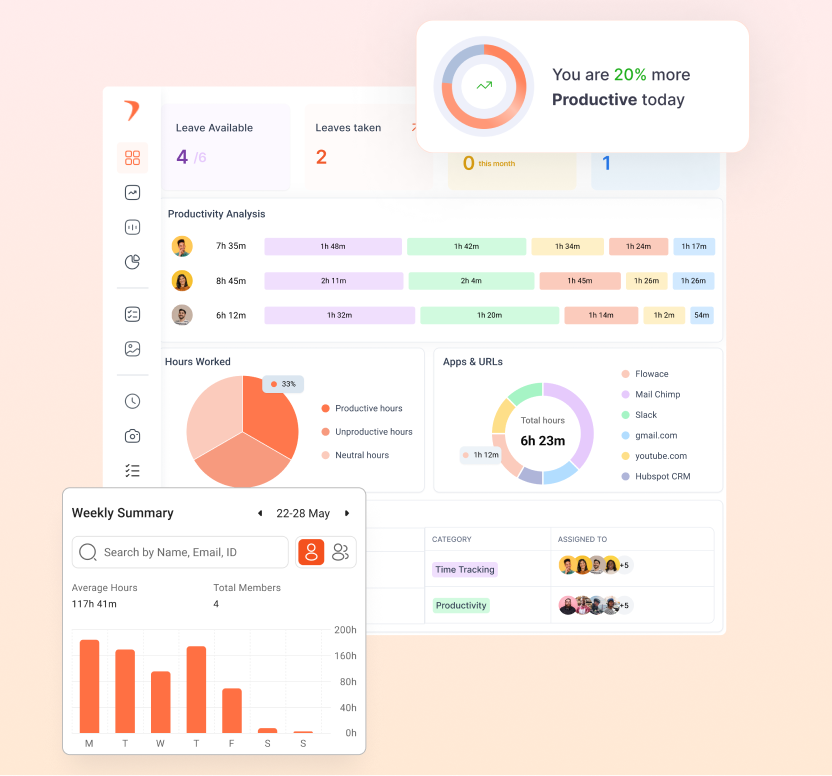Poland ranked third in Central and Eastern European countries regarding the minimum wage in 2023.
An employee in Poland earns around 91,520 PLN annually, ranging from the lowest average salary of about 22,420 PLN to the highest average salary of 404,600 PLN.
The average gross wage reached a growth of 9.6 percent in December 2023.
As a result, in 2022, more than 15.2 million people will be working in Poland, and the employment rate has increased by 14.3 percentage points since 2010.
Poland has the lowest unemployment rate in the entire European Union region. The average unemployment rate in the EU was 6.1 percent in 2022, whereas it was 2.9 percent in Poland.
Average Salary in Poland in 2024: Ranging in different criteria

The average salary in Poland has continuously grown over the years. The country has a total of 2.62 million companies. Micro-enterprises employ almost 4.2 million people; medium-sized enterprises employ 1.5 million employees, and large enterprises employ up to 3.2 million.
Based on that and the employee’s experience, the salary range in Poland is categorized into three sections.
Average salary in Poland
The average salary in Poland is 7,590 PLN per month, which is approximately 1,913 USD, which equates to an average annual salary of 91,100 PLN (22,963 USD).
Poland’s average income reflects regional wage differences and is an important indicator of economic development. According to reports, the average monthly gross wage and pay in the enterprise sector increased nominally compared to January 2024 by 12.8% (PLN 7,768.35 gross).
Note: Employees who have worked for 2–5 years earn approximately 32% more than their junior colleagues. Furthermore, individuals with certificates or diplomas make around 17% more than high school graduates. Similarly, those with a master’s degree can expect to earn approximately 29% more than those with only a bachelor’s degree.
Median Salary in Poland
The median is the middle group of a specific number; there are as many numbers above it as below it. Poland only publishes data on median salaries every two years.
However, the median salary in Poland is 6,540 PLN or 1,648 USD per month, which serves as a middle ground for the diverse range of salaries.
Boost by 31% using the innovative solution by Flowace!
Get Started for FreeMinimum Salary in Poland
Since 2024, their minimum wages have been revised. They have increased from PLN22.80 to PLN 27.70 per hour and PLN3,490.00 to PLN4,242.00 per month.
The minimum wage is crucial in determining the overall salary framework in the country.
Net Salary Calculation In Poland
The net salary is the amount an employee receives after deductions such as taxes, social security contributions, and health insurance.
Let’s consider an example to calculate net salary in terms of Poland’s regulations :
Suppose an employee earns a gross salary of 10,000 PLN per month. Then, the deductions would include;
Personal Income Tax (PIT) varies based on income levels.
Let’s assume a 20% PIT rate. Social Security Contributions (ZUS) include pension, disability, and health insurance. The total ZUS contribution depends on the employee’s income and other factors.
So, the net salary calculation is:
PIT: 20% of 10,000 PLN = 2,000 PLN
ZUS: Varies based on specific circumstances (e.g., age, family status)
Net Salary: Gross Salary (PIT + ZUS)
Assume a ZUS contribution of 1,500 PLN: Net Salary = 10,000 PLN – (2,000 PLN + 1,500 PLN) = 6,500 PLN.
Calculations may vary based on individual circumstances, additional benefits, and specific tax rules.
If you need precise figures, check out Polish employment laws and regulations.
Average Starting Salary Based on the Sector
| Sectors | Average Pay |
| Enterprise sector & industry | 5,283 PLN |
| Industrial processing | 5,069 PLN |
| Construction | 5,149 PLN |
| Trade, repair of motor vehicles | 5,043 PLN |
| Transport and storage | 4,721 PLN |
| Accommodation and catering | 3,939 PLN |
| Information and communication | 9,083 PLN |
| Real estate market services | 5,440 PLN |
| Administration and support activities | 4,082 PLN |
Source: Average monthly gross salary in the sectors
Average Starting Salary On Job Basis:
| Job | Average Pay |
| Accountant | 4,570 PLN |
| Attorney | 7,140 PLN |
| Cashier | 2,820 PLN |
| Programmer | 7,500 PLN |
| Secretary | 3,500 PLN |
| Teacher | 3,700 PLN |
| Graphic designer | 4,460 PLN |
| Website administrator | 3,890 PLN |
| Financial analyst | 6,680 PLN |
Source: Glassdoor
Note: Foreigners’ salaries in Poland vary by industry but typically begin at 4,000 zlotys (roughly 1,000 dollars).
Poland’s Working Hours
Working hours are 8 hours a day, as per the labour law. The maximum working hours do not exceed that.
On average, the weekly working norm (including overtime) should be at most 48 hours within a settlement period of up to four months. Overtime compensation is subject to specific rules, such as 150 hours in a calendar year.
Employees working more than 6 hours are entitled to a 15-minute paid break, part of their work time. Employers can introduce an additional break (not counted toward working hours) for lunch or personal matters, but it can be at most 60 minutes.
Employees must have at least 11 hours of undisturbed rest every 24 hours, and, weekly, they should have at least 35 rest hours.
Sundays and public holidays are generally work-free days. Exceptions include shift work, work impacting society’s needs, and electronic communication services outside Poland.
Boost by 31% using the innovative solution by Flowace!
Get Started for FreeThe Growing Business Landscape Of Poland
Poland’s business-friendly environment and advantages make it the perfect destination for businesses looking to expand in Europe.
Its growing economy attracts domestic and foreign investment, creating an environment for competitive salaries in 2024.
Its major business cities are:
- Warsaw- The average gross salary in Warsaw is approximately 8,000 to 9,000 Polish Zloty (PLN) per month.
- Gdańsk-The average gross salary in Gdańsk is around 7,000 to 8,000 PLN per month.
- Kraków-The average gross salary in Kraków falls within the range of 7,000 to 8,000 PLN per month.
- Katowice- The average gross salary in Katowice is approximately 6,000 to 7,000 PLN per month.
- Wrocław-The average gross salary in Wrocław is around 6,000 to 7,000 PLN per month.
- Poznań-The average gross salary in Poznań falls within the range of 6,000 to 7,000 PLN per month.
- Łódź- The average gross salary in Łódź is approximately 5,500 to 6,500 PLN per month.
Strategic Advantages of Poland
Poland’s most significant advantage is its strategic location. Its central European location makes Poland a gateway to both Western and Eastern European markets.
- It holds strategic power over operating costs compared to many Western European nations.
- It has the perfect demographic and cultural composition to do business, invest, settle in, or migrate to.
- Poland’s pro-business policies and initiatives attract foreign investment and employees.
- It has highly educated and qualified professionals.
- It consists of a stable economic climate with a steady growth of business acumen even before and after COVID-19.
- EU Membership helps gain access to ample trade opportunities, along with standardized regulations.
Flowace is one of the best time-tracking and productivity management tools to enhance team efficiency and eliminate burnout. It’s a one-stop platform to boost employee productivity and performance by automating attendance tracking, monitoring employee activities, analysing app and web usage, tracking project timesheets, etc.
Employee monitoring helps improve performance and productivity by tracking tasks and time spent on activities. Studies indicate that companies using monitoring tools can boost productivity by up to 2.8x.
Conclusion
According to Statista, Revenue in the Business Process Outsourcing(BPO) market is projected to reach US$2.32 billion in 2024. It is expected to show an annual growth rate (CAGR 2024–2028) of 4.81%, resulting in a market volume of US$2.80 billion by 2028.
This implies a huge business and employment prospect in the region. Besides, there are already more than 400 R&D centers in Poland, including Google, SABRE, Fujitsu, Delphi, IBM, Shell, etc. Along with that, there are already 496 startups in the region.
Poland is a trump card for business and competitive employee salaries. Thus, studying the salary composition based on the cities, industry, and job profession is essential to gaining an upper hand.







































